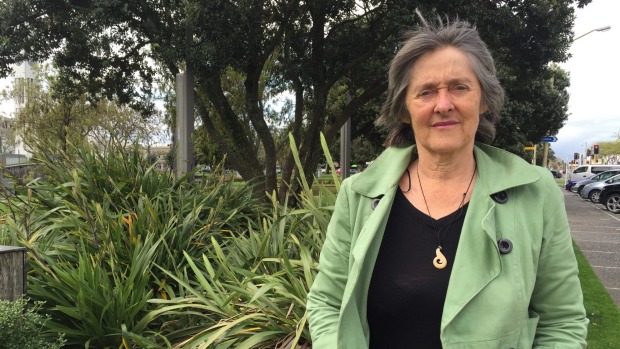Recommendations from a parliamentary inquiry into support for students with learning disabilities are «just lip service,» according to an advocacy group.
Labour Party, Greens and New Zealand First declined to support the recommendations, claiming triple the funding for high needs students was needed to address New Zealand’s «broken system».
But the Government says the report, which suggests capping funding at one per cent of the student population, is a step towards making it easier for families to access the support they need.

Minister for Education Hekia Parata says controversial recommendations around learning disability support give the Government direction for an upcoming review.
Most would compel the Ministry of Education to develop formal support for schools and pathways for students with learning disabilities.
The report also recommended the ministry consider collecting school-entry data to measure need, «explore options for earlier identification» and «lift the capability of the specialist teacher workforce».
In a minority report, opposition parties said the recommendations didn’t do enough to secure disabled children’s rights to an education or ensure schools were inclusive.
They made 26 further recommendations, including creating a register of students with identified learning disabilities and centrally-funded wages for specialist teachers.
«Extreme situations, such as year-long waiting lists for specialist support, parents paying for extra support in state schools, or a child only receiving one hour of education per day, are not addressed by recommendations, which do not require targets or increases to the limited number of those currently in this skilled workforce,» the report read.
Labour Party education spokesperson Chris Hipkins said a culture shift was needed to better include disabled children in mainstream education, rather than relying on unskilled teacher aides.
«Using a child minder to keep them out of the way is not inclusive.»
The report added capped funding was «at the heart of problems» experienced by disabled students and their families as it made them compete against each other for assistance.
Dyslexia Foundation of New Zealand trustees chair Guy Pope-Mayell said the recommendations were commonsense, but would only inspire «slow, incremental progress» and were not the game-changer hundreds of impassioned submitters had hoped for.
Despite a 2015 Education Review Office report suggesting 80 per cent of schools were «mostly inclusive», submitters said disabled students suffered anxiety, isolation and bullying at school.
«The fact that the minority report’s recommendations aren’t going forward [is] really indicative of a lack of resolve to kick the inclusion ball into touch,» Pope-Mayell said.
«We are going to see what we have always seen – good words and intentions but not the change we need. It’s just lip service.»
Green Party MP and education spokesperson Catherine Delahunty, who helped initiate the inquiry, was «frustrated» the recommendations, if passed into law, would be undermined by parts of the Education Act that allow schools to exclude children for behavioural reasons.
«The recommendations I did manage to get through are quite good but they’re just too weak compared to the scale of the broken system.
«The law needs to be clarified and there needs to be an enforceable right to education. Families can’t afford to go to court to argue this stuff.»
She said legislative change mandating inclusive education would have flow-on benefits for the justice and mental health systems.
Minister for Education Hekia Parata said the Government knew the current system of learning support was «too complicated».
The Education and Science Select Committee report into support for dyslexic, dyspraxic and autistic students, tabled in Parliament on Friday, made 46 wide-ranging recommendations.
Fuente:
http://www.stuff.co.nz/national/education/86739554/govt-recommendations-for-disability-support-in-schools-too-weak-detractors-say
Fuente imagen:
https://lh3.googleusercontent.com/KKd_Qu08XNhYVucyL6K-feo5yWvoDfSM3zQWamZ5ll5cjVDEZ-E6kS_0EWLZgrvTLLgLKQ=s85







 Users Today : 64
Users Today : 64 Total Users : 35459970
Total Users : 35459970 Views Today : 80
Views Today : 80 Total views : 3418545
Total views : 3418545